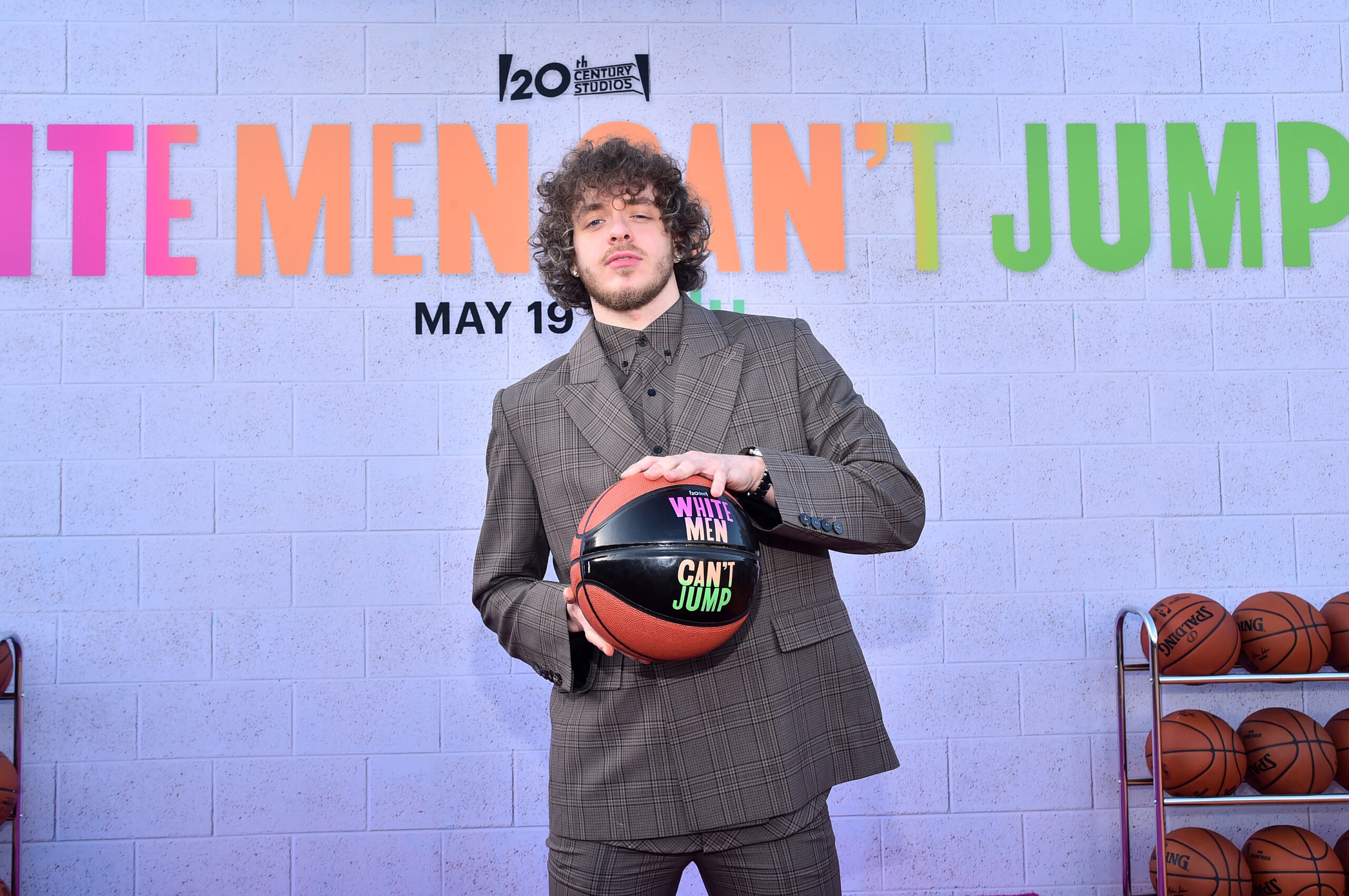Rapper Jack Harlow is at the center of a debate focused on his headwear choice. Harlow attended the Louisville City FC soccer game sporting a black bonnet.

Harlow’s decision to wear the bonnet has led to accusations of appropriating Black culture. It’s also reignited the now infamous bonnet debate. If it’s not ok for Black people – specifically Black women – to wear bonnets in public, why can Harlow? For some, it feels like a slap in the face that a white man can wear something in public that Black women are often criticized for.
“It’s crazy how Jack Harlow can go out in a bonnet and most people don’t care but when black women do it y’all bash us,” one twitter user wrote.
Bonnet Backlash
For many in the Black community, bonnets are a way to protect their hair by maintaining moisture and preventing frizz and dryness. However, the hair covering has become the topic of much debate. Black women have been criticized for publicly wearing bonnets and other head wraps often being told they should strictly be be worn in the home. Those against bonnets consider them ghetto, unrepresentable or unprofessional.
Over the years, business and schools have banned the use of people wearing bonnets in their establishments. One dentist office posted a banned items list which included bonnets and pajama pants. The office even went so far as to offer to reschedule appointments if patient’s showed up wearing one. Many social media users believed the office’s rule targeted Black patients.
Previously, Comedian Mo’Nique has publicly commented about Black women wearing their bonnets.
“When did we lose our pride in presenting ourselves? When did we slip away from ‘let me make sure I’m presentable when I leave my home?,” Mo’Nique asked in a video.
After she posted her video, the “Phat Girlz” actress’ comments came under fire from fans and other celebrities. Many believe bonnets are a symbol of Black culture and Mo’nique’s comments were deeply rooted in anti-blackness.
